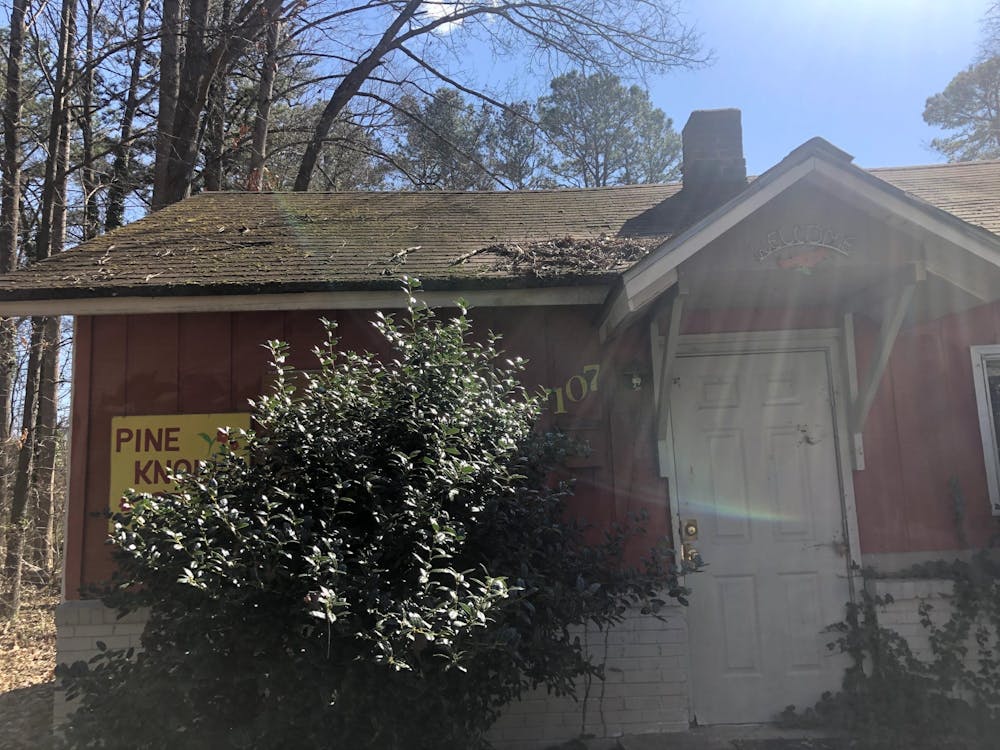When Virginia Barbee came to Chapel Hill’s historically Black Pine Knolls neighborhood in 1955, she said there was only one white family.
Today, the neighborhood just west of Merritt Mill Road looks much different than it did then, but Barbee said she is committed to recognizing the accomplishments of Pine Knolls community members.
Barbee, who started the Pine Knolls Community Housing Program in the early 1990s, said she wanted to recognize the contributions of other community leaders, including Ted Parrish and Robert Seymour, at an event at the Seymour Senior Center, but the event was canceled due to the COVID-19 pandemic.
“It gave us an opportunity to bring out what (the Pine Knolls Community Center) meant to us,” she said. “We haven’t used it in quite a while, but it gives us a chance to bring out what that center did for the African-Americans in this area, and it gives us a chance to honor some people that meant so much to us.”
Barbee said the center was founded in part due to safety concerns.
“When Reverend Seymour came here, he said ‘You know, it’s bad that the children from Pine Knolls gotta come all the way from the Robertson Street Center, gotta come across the railroad track and the parents be worried about them,'” she said.
Donna Rowan-Edwards, a Durham resident who was involved with coordinating the event, said some of the center’s accomplishments included facilitating college and career readiness programs for youth, operating a police substation and starting Juneteenth celebrations in Orange County.
The community center’s history is marked by a struggle for self-preservation.
“Most valuable things through history have come through some type of struggle or a conflict, and from what I gather with this community here and this Pine Knolls Center, it’s been nothing short of a struggle and a conflict,” Rowan-Edwards said. “And it’s more so to commemorate what the people who live right here in Chapel Hill have spent the better part of their life trying to maintain or trying to retain.”




